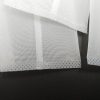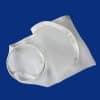Industrial Pleated Filters for Oil and Gas: Key Advantages
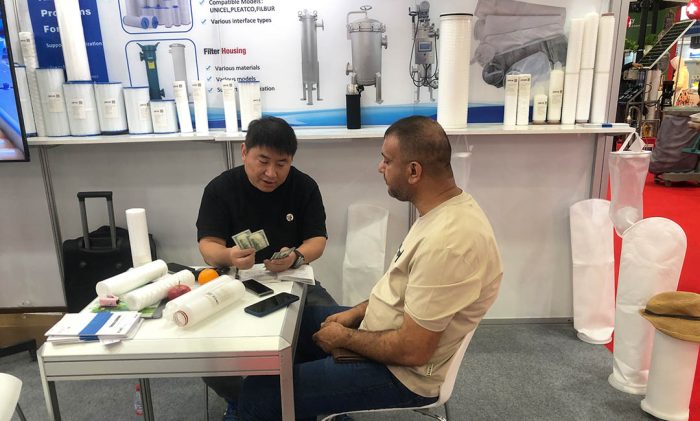
Improved Filtration Efficiency
Industrial pleated filters play a crucial role in the oil and gas industry by providing improved filtration efficiency. These filters are designed to remove contaminants and impurities from various fluids, including oil and gas, to ensure the smooth operation of equipment and machinery. In this article, we will explore the key advantages of using industrial pleated filters in the oil and gas sector.
One of the primary advantages of industrial pleated filters is their high filtration efficiency. These filters are made up of multiple layers of pleated material, which increases the surface area available for filtration. This design allows the filters to capture a greater amount of contaminants and impurities, resulting in cleaner fluids and improved equipment performance.
Furthermore, industrial pleated filters are capable of removing a wide range of contaminants, including dirt, debris, and particles of various sizes. This versatility makes them ideal for use in the oil and gas industry, where fluids can be contaminated with a variety of substances that can cause damage to equipment and machinery.
In addition to their high filtration efficiency, industrial pleated filters are also known for their durability and longevity. These filters are designed to withstand harsh operating conditions, including high temperatures and pressures, without compromising their performance. This durability ensures that the filters can continue to effectively remove contaminants from fluids over an extended period, reducing the need for frequent replacements and maintenance.
Another key advantage of industrial pleated filters is their ease of installation and maintenance. These filters are typically designed to be easily installed in existing equipment and machinery, making them a cost-effective solution for improving filtration efficiency in the oil and gas industry. Additionally, the filters can be quickly and easily replaced when necessary, minimizing downtime and ensuring that equipment can continue to operate smoothly.
Industrial pleated filters are also highly efficient in terms of energy consumption. These filters require minimal energy to operate, making them an environmentally friendly option for improving filtration efficiency in the oil and gas sector. By reducing energy consumption, industrial pleated filters can help companies lower their operating costs and reduce their carbon footprint.
Overall, industrial pleated filters offer a range of key advantages for the oil and gas industry, including improved filtration efficiency, durability, ease of installation and maintenance, and energy efficiency. These filters play a crucial role in ensuring the smooth operation of equipment and machinery by removing contaminants and impurities from fluids. By investing in industrial pleated filters, companies in the oil and gas sector can improve the performance and longevity of their equipment while reducing operating costs and environmental impact.
Extended Equipment Lifespan
Industrial pleated filters play a crucial role in the oil and gas industry by ensuring the smooth operation of equipment and machinery. One of the key advantages of using pleated filters in this sector is the extended lifespan they provide to equipment. By effectively removing contaminants from the oil and gas streams, pleated filters help prevent damage to critical components, thereby prolonging the life of the equipment.
When oil and gas equipment is exposed to contaminants such as dirt, debris, and other particulates, it can lead to accelerated wear and tear, resulting in costly repairs and downtime. Industrial pleated filters are designed to capture and retain these contaminants, preventing them from entering the equipment and causing damage. This not only helps in maintaining the efficiency of the equipment but also extends its lifespan, ultimately saving time and money for oil and gas companies.
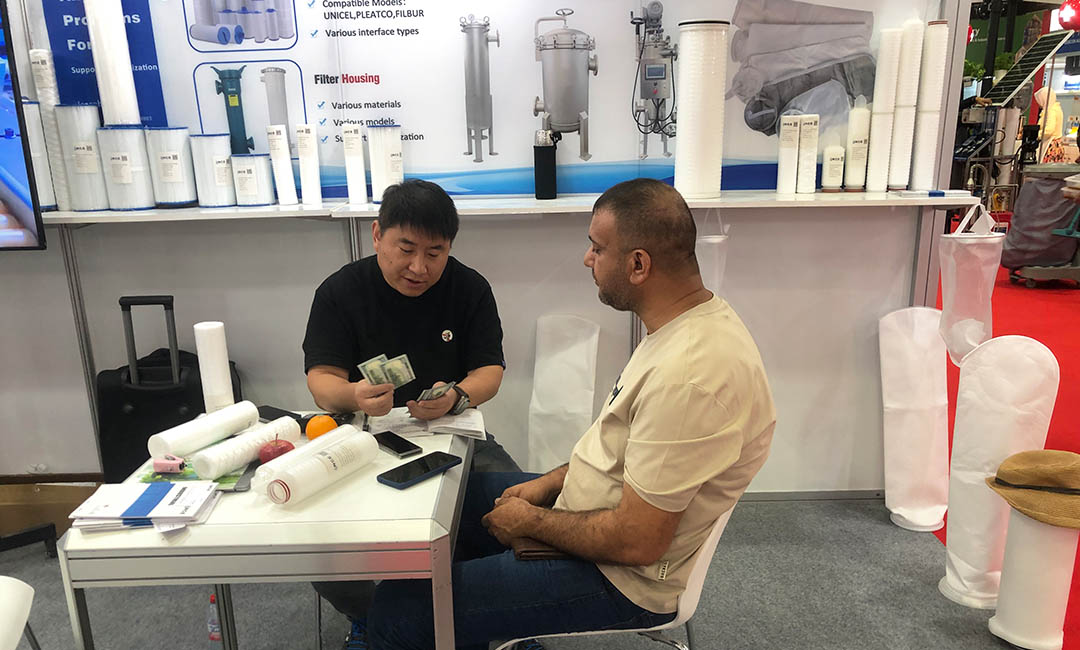
Moreover, the use of pleated filters in oil and gas applications helps in maintaining the quality of the products being processed. Contaminants in the oil and gas streams can have a detrimental impact on the final product quality, leading to potential issues such as corrosion, fouling, and reduced performance. By using pleated filters to remove these contaminants, companies can ensure that their products meet the required specifications and standards, enhancing their reputation and competitiveness in the market.
In addition to protecting equipment and maintaining product quality, industrial pleated filters also contribute to improving overall operational efficiency in oil and gas facilities. By reducing the frequency of equipment breakdowns and maintenance requirements, pleated filters help in minimizing downtime and maximizing productivity. This not only leads to cost savings but also enhances the overall operational performance of the facility.
Furthermore, the extended lifespan of equipment achieved through the use of pleated filters can have a positive impact on the environmental sustainability of oil and gas operations. By reducing the need for frequent replacements and repairs, companies can lower their carbon footprint and minimize waste generation. This aligns with the growing emphasis on sustainability and environmental responsibility in the oil and gas industry, making pleated filters a valuable asset for companies looking to improve their environmental performance.
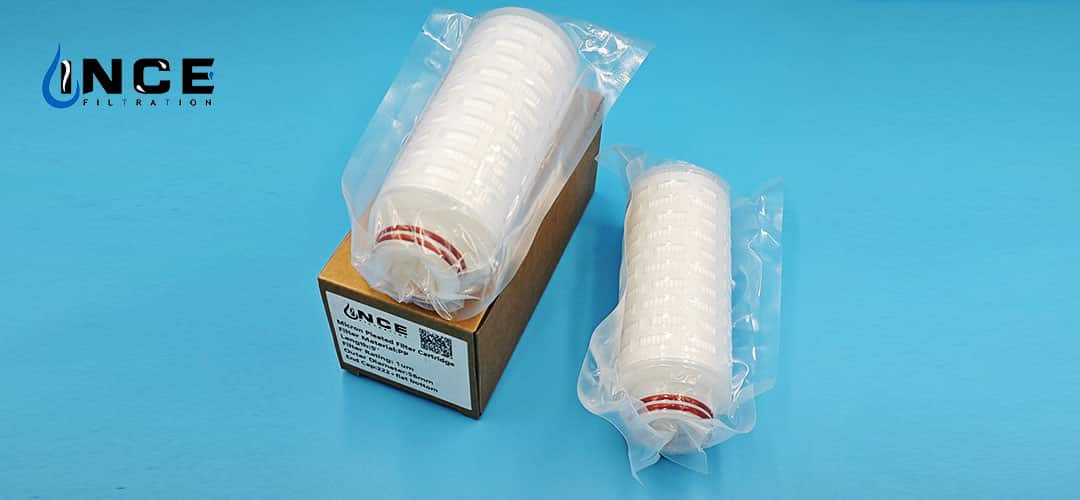
Overall, the key advantages of using industrial pleated filters in oil and gas applications, such as extended equipment lifespan, improved product quality, enhanced operational efficiency, and environmental sustainability, make them an essential component of any oil and gas facility. By investing in high-quality pleated filters and incorporating them into their operations, companies can ensure the long-term success and profitability of their business while also contributing to a cleaner and more sustainable future for the industry.
Cost Savings and Increased Productivity
Industrial pleated filters play a crucial role in the oil and gas industry, helping to ensure the efficient operation of equipment and machinery. These filters offer a number of key advantages that can result in cost savings and increased productivity for companies operating in this sector.
One of the primary benefits of industrial pleated filters is their high efficiency in capturing contaminants and particulates from the air or fluid being filtered. This helps to prevent damage to sensitive equipment and machinery, reducing the need for costly repairs and downtime. By effectively removing contaminants, pleated filters can extend the lifespan of equipment and improve overall operational efficiency.
In addition to their high efficiency, industrial pleated filters are also known for their durability and longevity. Made from high-quality materials such as polyester, fiberglass, or synthetic fibers, these filters are designed to withstand harsh operating conditions and maintain their effectiveness over time. This durability not only reduces the frequency of filter replacements but also ensures consistent performance, leading to increased productivity and cost savings for companies in the oil and gas industry.
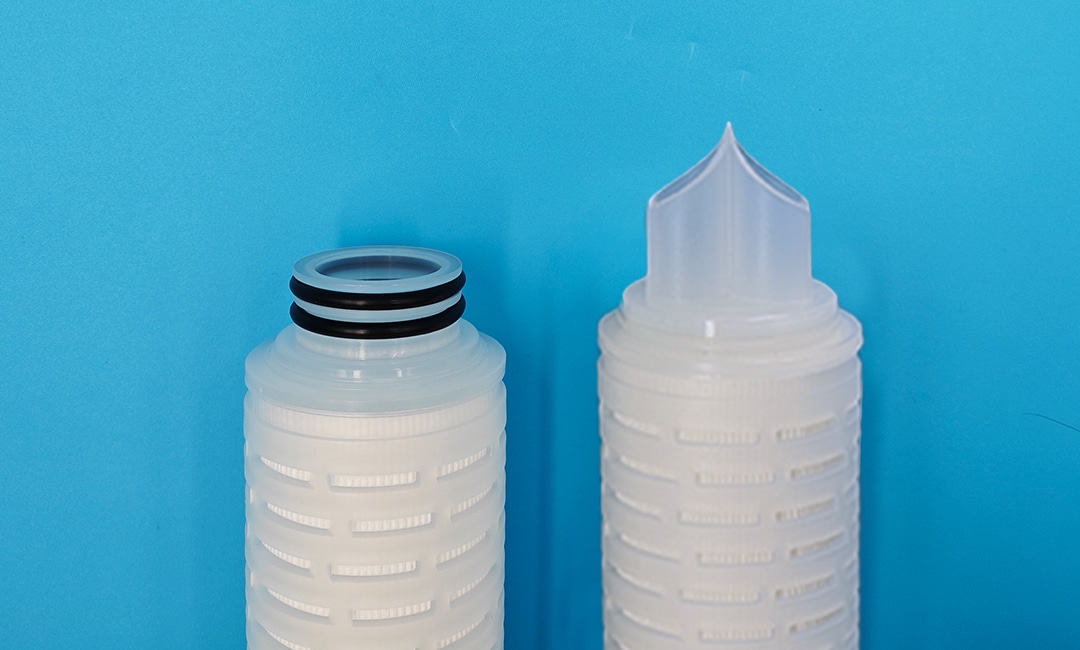
Furthermore, industrial pleated filters are easy to install and maintain, requiring minimal time and effort for replacement. This ease of use can help to streamline maintenance processes and reduce labor costs associated with filter changes. Additionally, many pleated filters are designed to be reusable, allowing companies to clean and reuse the filter multiple times before needing to replace it. This not only reduces waste but also lowers operating costs, making pleated filters a cost-effective solution for companies in the oil and gas industry.

Another key advantage of industrial pleated filters is their versatility and compatibility with a wide range of applications. Whether filtering air, gas, or liquid, pleated filters can be customized to meet the specific needs of different processes and equipment. This flexibility allows companies to optimize their filtration systems for maximum efficiency and performance, ultimately leading to increased productivity and cost savings.
In conclusion, industrial pleated filters offer a number of key advantages for companies in the oil and gas industry, including high efficiency, durability, ease of use, and versatility. By investing in quality pleated filters, companies can reduce maintenance costs, prevent equipment damage, and improve overall operational efficiency. With their ability to capture contaminants effectively and withstand harsh operating conditions, pleated filters are an essential component of any filtration system in the oil and gas industry. By leveraging the benefits of industrial pleated filters, companies can achieve cost savings and increased productivity, ultimately driving success in this competitive sector.


